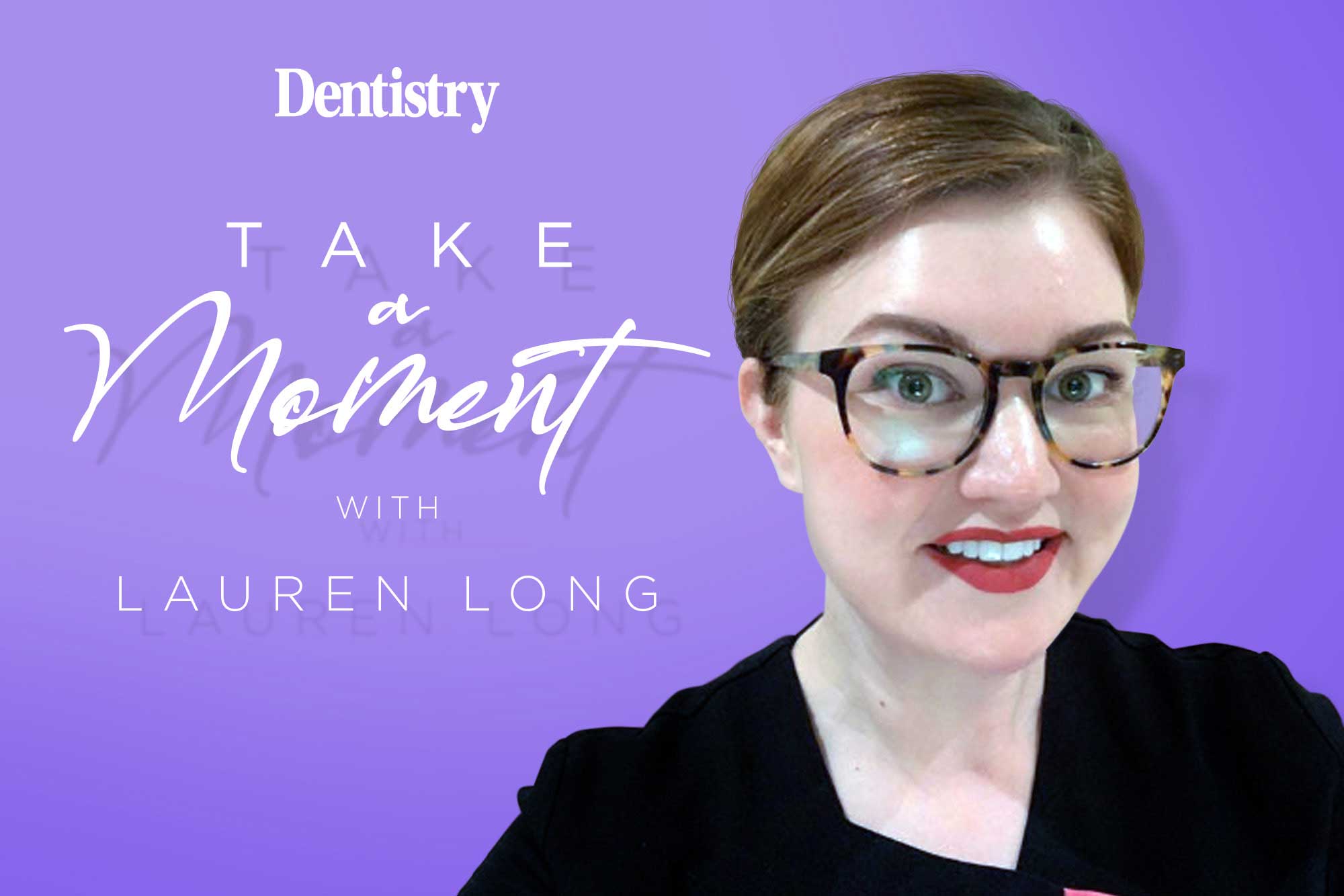 With demand for dentistry so high, many in the profession are overworking to keep up. Lauren Long explores what this means and how to combat it.
With demand for dentistry so high, many in the profession are overworking to keep up. Lauren Long explores what this means and how to combat it.
Dentistry has never been busier. After speaking with colleagues recently from a variety of backgrounds it seems that the majority are struggling to keep up with the demand for appointments and are booked up well into 2022.
Working in a caring profession we, quite rightly, feel a responsibility to see our patients for treatment as soon as possible. Often working longer hours or ‘squeezing people in’ to accommodate.
But how do we know if we are pushing ourselves too hard and impacting on our own wellbeing?
What is overworking?
A newly published longitudinal study, carried out over 16 years in 194 countries and co-authored by the World Health Organisation found that roughly 750,000 people per year are dying from ischaemic heart disease and strokes that can be directly linked to overworking (Pega et al, 2021). ‘Overwork’ is defined as those working 55 hours per week or more.
The long-term presence of stress hormones contributes to increased blood pressure and cholesterol. Those who work long hours may also: sleep less, exercise less, have an unhealthy diet or turn to smoking and alcohol to help.
It may not be common for those in the dental profession to work 55+ clinical hours per week. But ‘work’ can also include admin, studying, replying to work emails of even keeping up with your professional social media.
These can then quickly boost the number of work hours per week and push us into overwork territory.
Signs that we may be overworked
- A constant feeling of stress whilst in the workplace
- Difficulty forgetting about work when you are not there
- Neglecting your life outside work due to work-related stress
- Anxiety before starting the working day
- Insomnia
- Lack of energy
- Neglecting self-care
- In the worst cases our quality of work may suffer, even though we try to keep up.
What is the solution?
There isn’t one complete solution, aside from giving up our jobs or taking an extended period of time off. This obviously isn’t an option for most of us.
A good starting point is to evaluate what you are currently doing. See if there is any scope to ease the pressure, by reducing working hours or having longer appointment times.
Again, this is difficult and not always viable financially or practically. Some smaller things we can also implement daily are:
- Set non-negotiable ‘off time’. Have certain times of the week where you don’t check work emails, go on professional social media or think about work. Spend it doing whatever it is you’re passionate about (apart from dentistry!)
- Get enough sleep – this can massively affect our mood and wellbeing. It becomes impossible to function properly on reduced sleep, especially if we are also working long hours
- Look at your diet – correct nutrition can really help with brain function and our ability to carry out tasks to our best potential
- Exercise – an easy serotonin boost! Even a walk in our lunch break can help here
- Socialise – face to face interaction with family or friends is so powerful. Many studies point to the fact that: ‘Phone calls and digital communication, with friends or family members, do not have the same power as face-to-face social interactions in helping to stave off depression’ (Teo et al, 2015)
- Learn to say no. Remember you can’t always please everyone and it’s ok to take the time you need for yourself.
Gradual changes
Over the years overworking has become glamourised as a desirable trait that is seen to be respected and admired.
One positive effect of the pandemic is that most of us have time to revaluate what it is that makes us happiest and supports our mental wellbeing.
However, putting this into action is difficult. But it’s possible with gradual introduction of a few small changes to our day to day routine.
References
Pega F, Náfrádi B, Momen N, Ujita Y, Streicher K, Prüss-Üstün A, Descatha A, Driscoll T, Fischer F, Godderis L, Kiiver H, Li J, Magnusson Hanson L, Rugulies R, Sørensen K and Woodruff T (2021) Global, regional, and national burdens of ischemic heart disease and stroke attributable to exposure to long working hours for 194 countries, 2000–2016: A systematic analysis from the WHO/ILO Joint Estimates of the Work-related Burden of Disease and Injury. Environment International 154
Teo A, Choi H, Andrea S, Valenstein M, Newsom J, Dobshca S and Zivin K (2015) Does Mode of Contact with Different Types of Social Relationships Predict Depression Among Older Adults? Evidence from a Nationally Representative Survey. J Am Geriatr Soc 63(10) 2014-22


